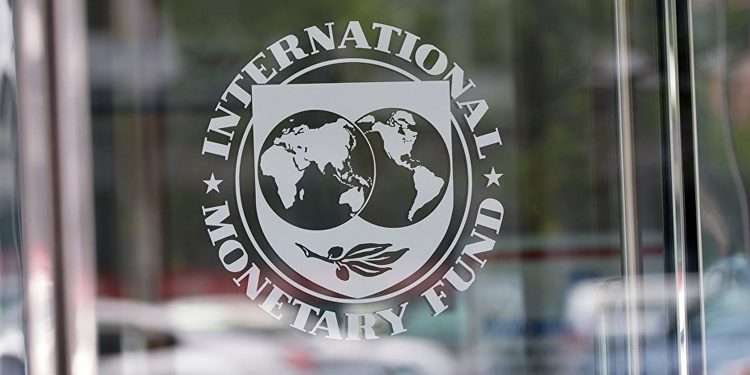African countries face multiple challenges amid global economic uncertainty
The shocks include the impact of the war in Ukraine that has pushed up international food and fuel prices, tighter monetary and financial conditions combined with financial sector turbulence, and increasingly severe climate-related events. Furthermore, global tensions have widened existing fissures and increased the risks of fragmentation. All of this follows the COVID-19 pandemic, which had already reduced fiscal and external buffers and caused scarring effects on many African countries.
African countries are grappling with the impact of weakening global economic activity as the multiple shocks affecting the global economy persist, warns a joint statement from the Vice Prime Minister and Minister of Finance of Cabo Verde and the Managing Director of the International Monetary Fund (IMF) at the end of the African Consultative Group meeting.
The shocks include the impact of the war in Ukraine that has pushed up international food and fuel prices, tighter monetary and financial conditions combined with financial sector turbulence, and increasingly severe climate-related events. Furthermore, global tensions have widened existing fissures and increased the risks of fragmentation. All of this follows the COVID-19 pandemic, which had already reduced fiscal and external buffers and caused scarring effects on many African countries.
The statement highlights that macroeconomic imbalances have become more prominent, and financing has become more expensive or even unaffordable due to exchange rate depreciation, higher global interest rates, and elevated sovereign spreads. Together with declining foreign aid budgets and lower investment flows, the region is confronted with a severe financing squeeze.
The impact of multiple crises, slower economic growth, and exchange rate depreciation is widening fiscal deficits in many countries in the region and compounding pre-existing vulnerabilities. The public debt-to-GDP ratio is now on average for the region above 60%, a level last seen in the early 2000s, raising concerns about debt sustainability in many countries. In fact, nearly two-thirds of the region’s low-income countries were at high risk or already in debt distress in 2022.
The statement reiterates the need to address rising debt vulnerabilities and continue strengthening the international debt resolution architecture, including by improving the Common Framework for debt treatments. The IMF continues to explore ways to make debt resolution more efficient. To this end, the IMF, together with the World Bank and the India G20 Presidency, have launched a Global Sovereign Debt Roundtable.
The Group also agreed that strengthening social protection is critical. Social safety nets can promote higher and more inclusive growth by improving education and health outcomes, enhancing human capital and labor market productivity, and encouraging vulnerable households to invest in income-generating activities that also benefit local communities. Leveraging digital infrastructure, such as mobile phone platforms, can help to increase efficiency and ensure social support is well targeted to the most vulnerable.
In such a shock-prone environment, building resilience, including to climate change, remains fundamental for the region. The statement emphasizes that in the face of large financing gaps to meet climate adaptation needs, it is imperative to unlock concessional climate finance and attract private climate finance. Green bonds could provide a useful tool. The statement also discusses the unique challenges faced by Small Developing States, including those related to climate change and to diversify their economies.
The statement concludes by highlighting that governments in the region, the international community, and the private sector should work cooperatively to respond to the region’s challenges. Increasing fiscal space in a growth-friendly way would help create space for much-needed social and infrastructure expenditure. Mobilizing additional external financing to support the recovery remains critical. Deepening domestic financial markets, strengthening regional integration, reducing trade and cross-border barriers, and leveraging the opportunities offered by the African Continental Free Trade Area (AFCTA) would help to build resilience in the face of external shocks. Similarly, improving the quality of institutions will be needed to close infrastructure gaps.
The IMF remains steadfastly committed to the region and continues to work towards ensuring that its concessional lending toolkit for low-income countries is flexible, effective, and well-resourced. The Resilience and Sustainability Trust is now operational, providing longer-term affordable financing to address longer-term challenges, including climate change and pandemic preparedness. Rwanda was one of the first beneficiaries, with several other countries in the pipeline.
Source: norvanreports.com


